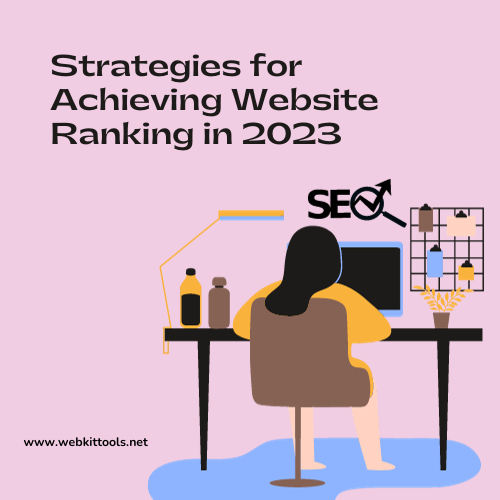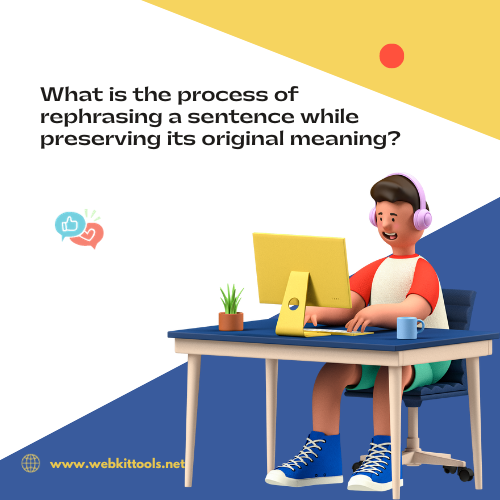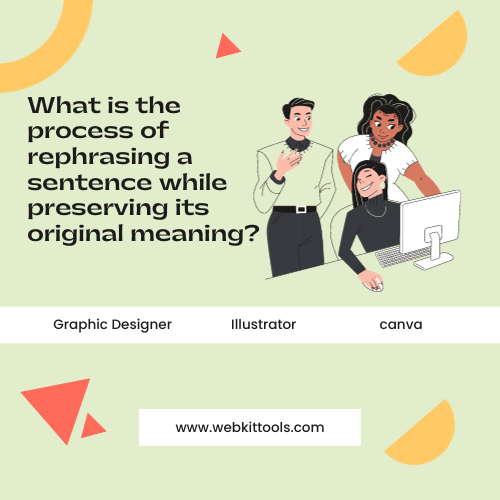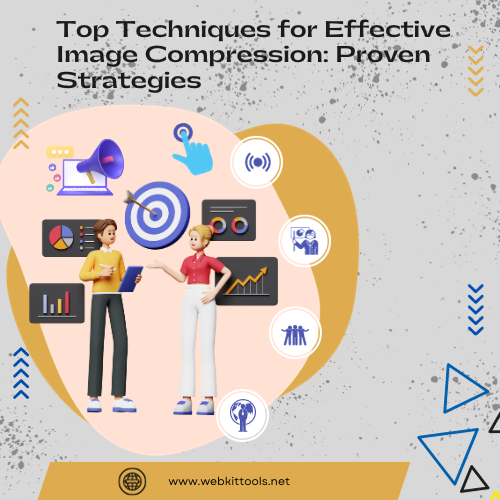JSON to XML
JSON to XML online converter
JSON to XML
Unlock the potential of JSON to XML conversion with this comprehensive guide. Learn everything you need to know about transforming your data seamlessly.
JSON to XML conversion is a pivotal process in modern data management, offering flexibility and efficiency in handling various data formats. Understanding the intricacies and benefits of this conversion is essential for businesses and developers alike. This guide delves into the depths of JSON to XML conversion, exploring its nuances, applications, and best practices. From the basics to advanced techniques, let's embark on a journey to unlock the power of JSON to XML conversion.
JSON to XML conversion bridges the two formats, allowing for seamless interoperability and data exchange. Whether integrating legacy systems or facilitating cross-platform communication, converting JSON and XML enables efficient data transmission.
Conversion to XML becomes indispensable in scenarios where XML-based systems need to interact with JSON data sources. Converting JSON data to XML format mitigates compatibility issues, ensuring smooth integration and operation across diverse environments.
JSON to XML conversion offers flexibility in data transformation, enabling developers to manipulate and restructure data according to specific requirements. This flexibility empowers businesses to adapt to evolving data needs and optimize data utilization effectively.
Implementing JSON to XML Conversion:
Tools and Libraries:
Numerous tools and libraries are available for facilitating JSON to XML conversion, catering to different programming languages and platforms. Popular options include Gson for Java, json.net for .NET, and Jackson for Java and Kotlin.
Programmatic Approach:
Developers can programmatically implement JSON to XML conversion using libraries or built-in language features. By leveraging APIs and libraries, developers can automate the conversion process and integrate it seamlessly into their applications.
How does JSON differ from XML?
At the same time, XML is a markup language designed for storing and transporting data in a structured format.
What are the advantages of JSON over XML?
JSON offers simplicity, compatibility, and efficiency, making it ideal for modern web applications. Its lightweight syntax and ease of use contribute to widespread adoption in the development community.
When is JSON to XML conversion necessary?
JSON to XML conversion becomes necessary when integrating disparate systems that rely on different data formats or when interoperability between JSON and XML-based systems is required.
Which programming languages support JSON to XML conversion?
Many programming languages, including Java, .NET, Python, and JavaScript, offer libraries and tools for facilitating JSON to XML conversion.
How can I ensure data integrity during JSON to XML conversion?
To ensure data integrity, implement validation mechanisms and error handling procedures to detect and address any inconsistencies or discrepancies during the conversion process.
Are there any performance considerations to consider when performing JSON to XML conversion?
Yes, performance considerations are essential, especially in large-scale applications. Optimize conversion algorithms and minimize overhead to mitigate performance bottlenecks and ensure efficient data processing.














